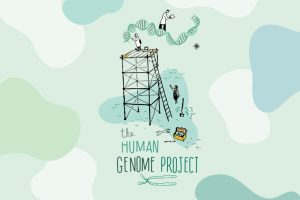Recent News
-

AI to enhance sports
CategoriesThe Johns Hopkins Sports Analytics Research Group’s innovations were among those featured at the inaugural World Changing Ideas Summit.
-

Digital twins for the win
CategoriesResearchers in the Johns Hopkins Advanced Robotics and Computationally AugmenteD Environments Lab are exploring the use of digital twins to improve surgical workflows.
-

The researchers are using AI to predict outcomes, individualize treatment, and protect patient privacy, transforming how cancer is understood and treated.
-

Augmented reality meets neuroendoscopy
CategoriesHopkins researchers bring advanced 3D visualization techniques to neurosurgery.
-

Putting our pieces together
CategoriesFor more than half a century, Johns Hopkins has been a leader in converting federal support into tangible benefits for the American people—such as correcting maps of the human genome.
-

A conversation with Johns Hopkins computer scientist Suchi Saria, who is on a mission to augment human care with the latest in AI and machine learning technology.
-

A Johns Hopkins study reveals the strengths and pitfalls of incorporating chatbots into middle and high school classrooms as a “co-tutor.”











